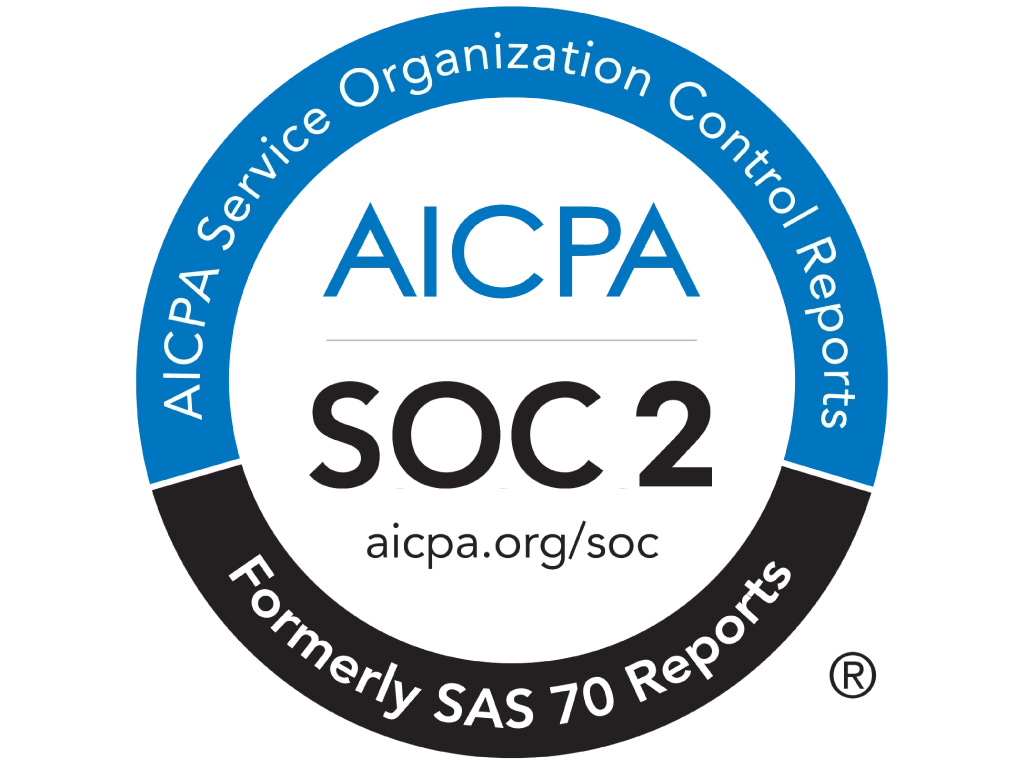
SOC 2 Compliance Demonstrates Data Security Excellence
SOC 2 compliance is a certification that validates an organization has met critical data security standards. With SOC 2 compliance, Kiteworks has demonstrated it is protected against unauthorized access. Similarly, personal information and other sensitive data remains confidential and is treated in accordance with AICPA and CICA. Kiteworks’ systems have high availability, meaning they have the proper mechanisms in place to be available for operation 24 hours a day, seven days a week, and 365 days a year. Finally, Kiteworks’ data processing has integrity; it’s complete, accurate, timely and authorized.
SOC 2 Compliance Ensures Data Protection Through Continuous Monitoring and Reporting
Organizations that continuously monitor their systems for cyber threats protect vital information by identifying risks early. They in turn can take preemptive action to prevent costly data breaches. Continuous monitoring also proves cost-effective over time, preventing expensive breaches while maintaining optimal system functionality for increased productivity. To maintain SOC 2 Compliance, Kiteworks continuously monitors its systems to ensure its systems are protected. Continuous monitoring also enables Kiteworks to better identify any potential risks and vulnerabilities so it can proactively address security gaps and mitigate potential threats. With continuous monitoring, Kiteworks also has complete visibility into data storage, access, and use, which streamlines compliance with data privacy regulations and standards.
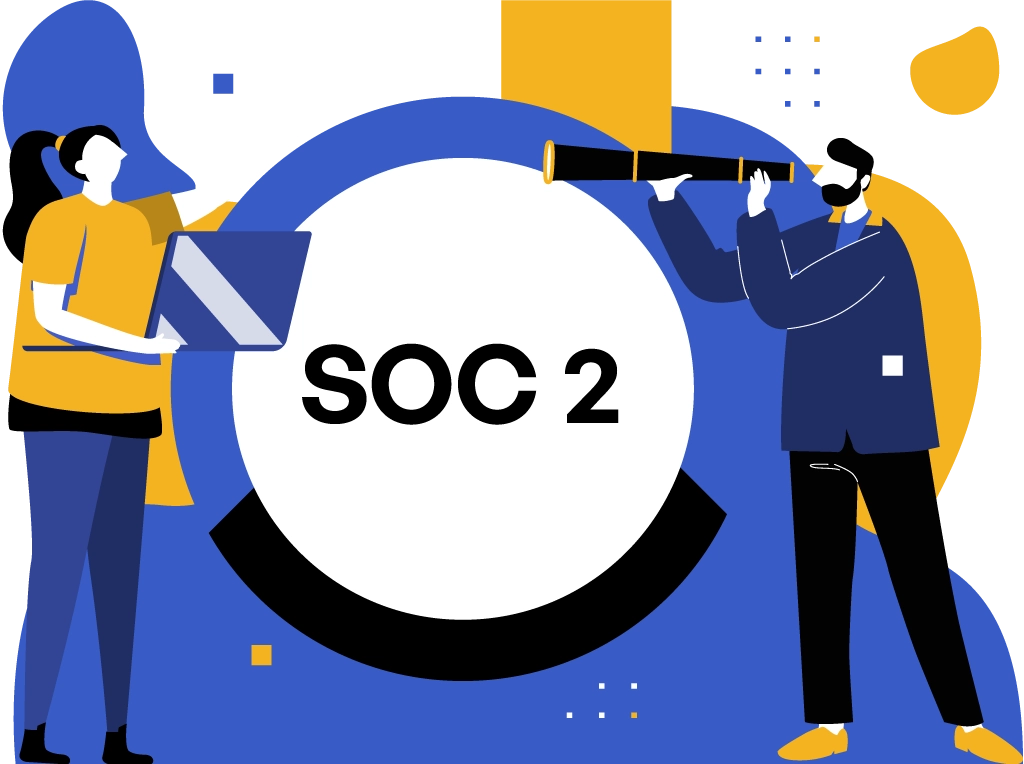
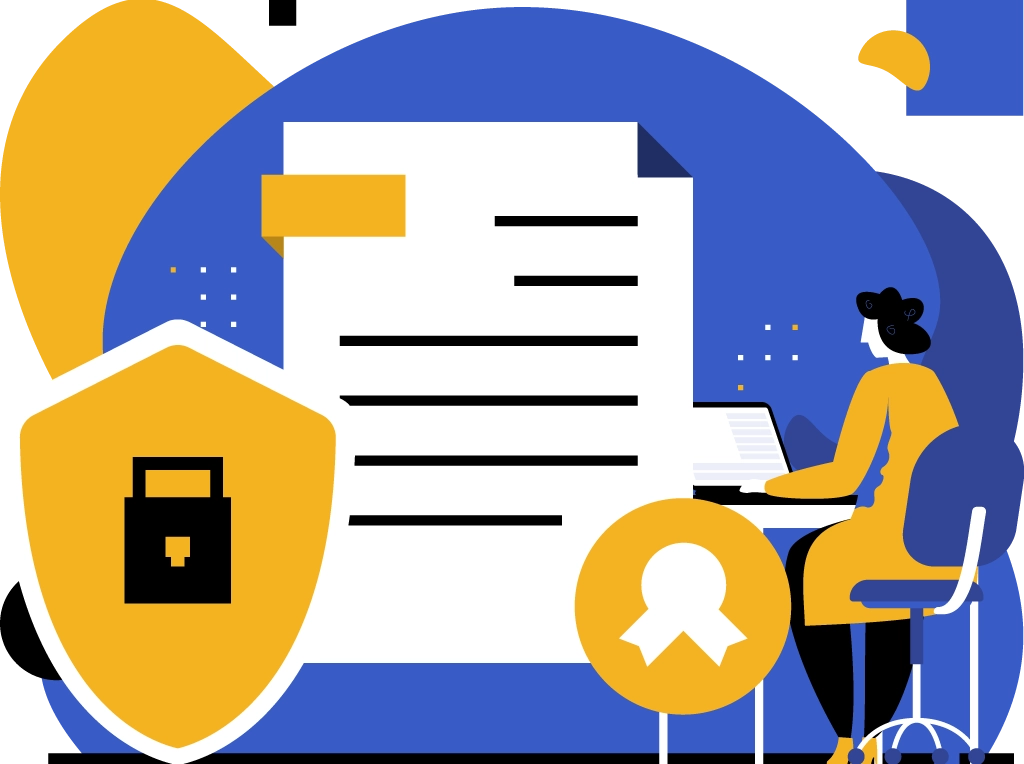
SOC 2 Compliance Certifications Validate Data Protection Efforts
SOC 2 compliance certifications evaluate an organization’s information security policies and procedures, ensuring they meet the criteria for managing customer data based on security, availability, processing integrity, confidentiality, and privacy, collectively known as the five “trust service principles.” By achieving SOC 2 compliance, Kiteworks demonstrates its commitment to data protection and security, providing valuable assurance to customers and stakeholders. The certification process involves a thorough assessment by an independent auditor who verifies that the organization has sufficient safeguards and procedures in place. Specifically, Kiteworks carries the SOC 2 Type II certification. In addition, Kiteworks’ hosted data centers are SSAE-16/SOC 2 compliant and undergo periodic external assessments according to SAS70 Type II. These and other certifications are considered industry standards for assessing the efficacy of an organization’s controls on data protection.
SOC 2 Compliance Builds Trust and Transparency Through Risk Mitigation
By partnering with SOC 2 compliant organizations, customers can reduce their own risk exposure. SOC 2 compliance indicates Kiteworks has implemented adequate measures to safeguard against security breaches or data misuse. Customers in turn can put their full trust in Kiteworks, as a SOC 2 certification demonstrates our commitment to transparency, accountability, and adherence to industry best practices. SOC 2 compliance even lets Kiteworks help its customers meet their own regulatory compliance requirements by providing secure environments and adhering to relevant privacy and security standards. Kiteworks does more than provide customers with peace of mind; it instills in customers a higher level of trust so they can feel comfortable sharing their sensitive data with their trusted partners.

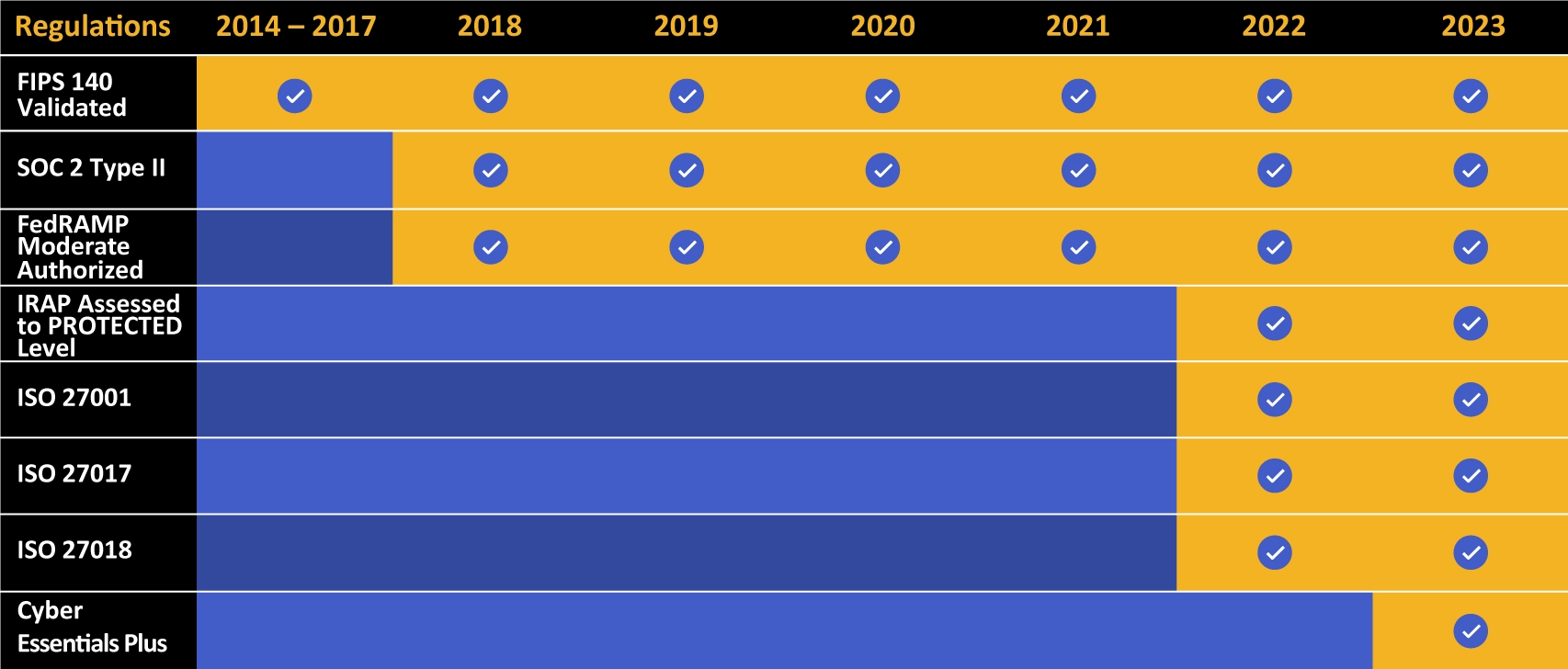
Kiteworks touts a long list of compliance and certification achievements.
Frequently Asked Questions
SOC 2 (Service Organization Control 2) is a widely recognized auditing standard developed by the American Institute of Certified Public Accountants (AICPA) for evaluating a service organization’s data security and privacy practices. The AICPA has established five trust principles that serve as the basis for SOC 2 compliance: security, availability, processing integrity, confidentiality, and privacy. SOC 2 compliance helps organizations demonstrate their commitment to protecting customer information, providing assurance to their customers and business partners. In order to demonstrate SOC 2 compliance, organizations are evaluated for the effectiveness of their controls related to the security, availability, processing integrity, confidentiality, and privacy of customer data. SOC 2 compliance is not a one-time event. Organizations must undergo regular audits to maintain their SOC 2 compliance status.
SOC 2 compliance is important because it helps organizations enhance data security and privacy, build trust with their customers, and comply with regulatory requirements. SOC 2 compliance also assures customers and business partners that an organization has effective controls in place to protect their sensitive data.
To become SOC 2 compliant, an organization must undergo an audit conducted by an independent auditor. The audit evaluates the effectiveness of the organization’s controls related to the five trust principles established by the AICPA: security, availability, processing integrity, confidentiality, and privacy. The audit process typically involves a risk assessment to identify potential security risks and implement controls to mitigate those risks. The audit process also includes a review of the organization’s policies, procedures, and systems, as well as interviews with employees and a site visit. Organizations must undergo regular audits to maintain their SOC 2 compliance status.
SOC 2 compliance offers several benefits to organizations, including: improved data security and privacy practices by having identified areas for improvement and implementing effective controls; stronger trust with customers and business partners by demonstrating a commitment to data security and privacy; and additional business opportunities by having satisfied customer and partner requirements for data security and privacy.
The five trust principles established by the AICPA for SOC 2 compliance are:
- Security: The system is protected against unauthorized access, both physical and logical.
- Availability: The system is available for operation and use as committed or agreed upon.
- Processing integrity: System processing is complete, accurate, timely, and authorized.
- Confidentiality: Information designated as confidential is protected as committed or agreed upon.
- Privacy: Personal information is collected, used, retained, disclosed, and destroyed in accordance with the organization’s privacy notice and with the criteria set forth in the AICPA’s privacy principles.
FEATURED RESOURCES

Customer Use Cases: Kiteworks Private Content Network Innovations
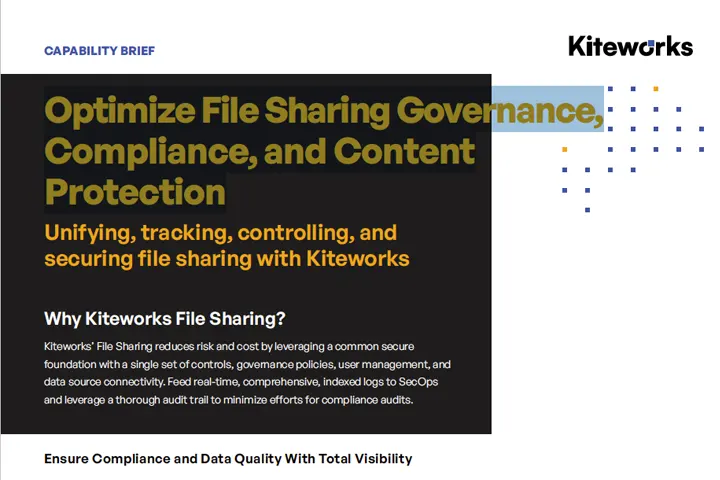
Optimize File Sharing Governance, Compliance, and Content Protection
